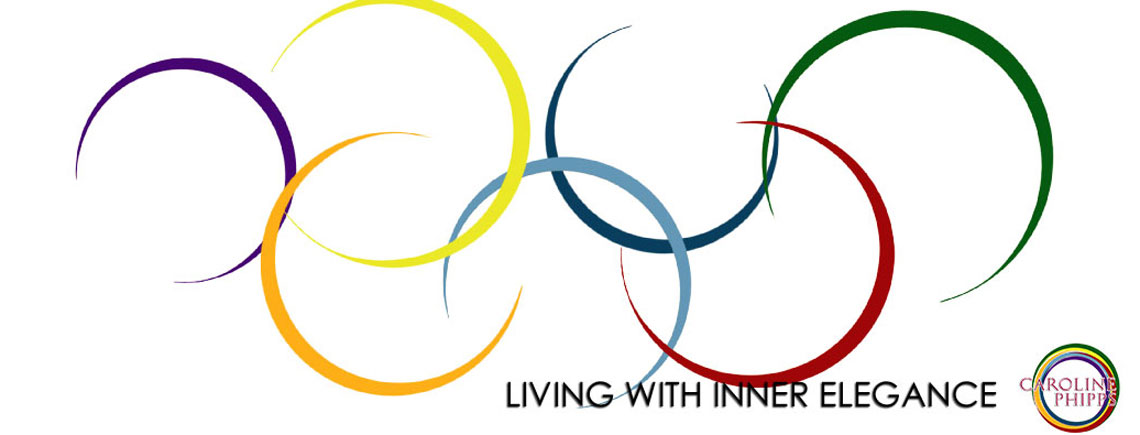Self-Righteousness
The Era of Stone Throwers
Living in an age of global connection we are fortunate to have the opportunity to do uplifting and productive things. We can share experiences, promote creativity, explore positive solutions and exchange great ideas. Post-modern technological miracles have opened avenues to increased tolerance, understanding, empathy and empowerment.
That said, most things with a human fingerprint come with a light side and a dark side. Centuries of human evolution teach us that for every step we take towards creating a better world, there is always a shadowy under-tow of self-interest intent on blocking progress. One manifestation of this dark force is the current increase in self-righteous posturing. There are billions of us living on this planet, each with our own beliefs; why is it that today, when we are educated to know better, we can be seduced into believing our opinion is the only right one?
Maya Angelou intriguingly described self-righteous people as both “boring” and “dangerous”. This fascinating juxtaposition of words, I believe, provides a powerful insight into our ego’s complex relationship with self-righteousness and its power to seduce. For how many of us haven’t fallen prey to self-righteousness at some time or another?
So why is self-righteousness a bore? The confidence (or fake confidence) of the self-righteous attitude can only survive in its own bubble of smugness, intolerance and judgment of everyone else’s opinion and behavior. Genuine connection with others becomes impossible because the only way to communicate with this “my way or the highway” attitude is by going along with it. With no freedom to exchange thoughts and ideas there is no authentic connection and no possibility for intellectual or spiritual stimulation and growth. The result is stagnation and tedium.
How can self-righteousness become dangerous? We’re only human and nobody has the monopoly on truth, so when we build walls of judgment constructed from our opinions or agenda, we put ourselves into a dangerous spot. Not only are we in danger of being hypocritical (who doesn’t have a skeleton or two in the closet?) but we need to employ methods of condemnation to keep up the masquerade we’ve constructed such as shaming, humiliating and judging others with different beliefs, customs and morals. Because condemning others separates us, it denies the sacred truth that we are all connected. The moment we assume this posture of “me and them” is the moment we’re all dehumanized. When taken to extremes, this can lead to escalating conflicts and even full out war.
So why is it with all this negativity that self-righteousness is seductive? At a primitive level the feeling we’re right and others are wrong can make us feel better about ourselves particularly if we’re fearful and suffering from low self-worth. Righteous indignation provides a temporary illusion of power and control that needs constant sustenance to sustain itself.
Self-righteousness has become one of the major characteristics of today’s polarization, exploiting these primitive fears with manipulative soundbites, arguments and posturing. Such stone throwing shows up everywhere: culture, politics, religion, spiritual practice and life-style choices. It’s expedient because when our opinions are self-righteous, they’re the only ones that count. We don’t need to bother ourselves with the inevitable complexities of life. We can skip the thought and research that goes into placing events and people, into context, whether historical or contemporary. We’re not concerned with understanding another’s intentions or background. Judgment is swift, there is no room for doubt.
Big picture: this is a vast, beautiful, intricate tapestry of a world woven from billions of threads of rich diversity and centuries of human connection and civilization. We are all human. We are all in this together. We are all prone to make mistakes and none of us like to be judged. In the words of the late Wayne Dyer, “Judgments prevent us from seeing the good that lies beyond appearances”. By shifting our focus from judging others to looking to improve ourselves, we make an instant contribution to a better world. A better world of open communication, authentic connection and kindness that uplifts and includes all no matter who we are, no matter where we come from.


